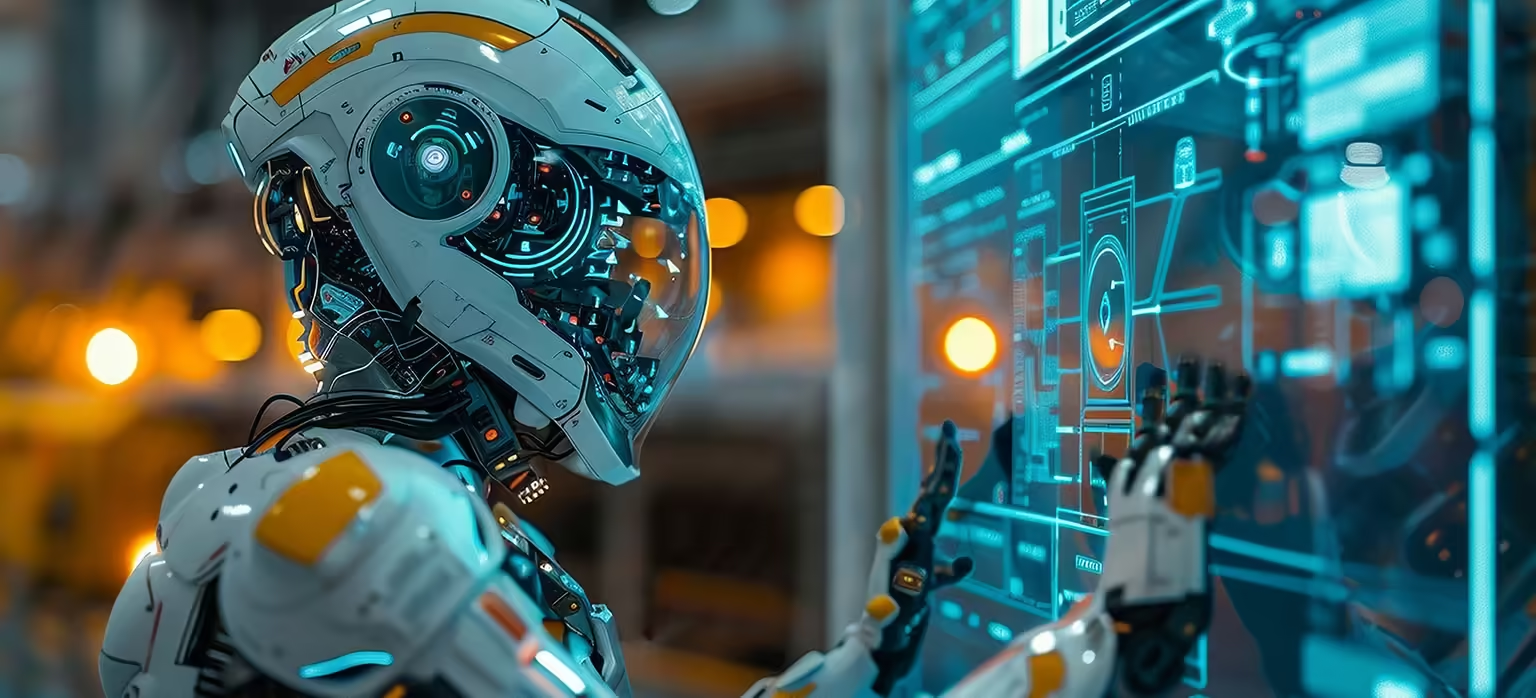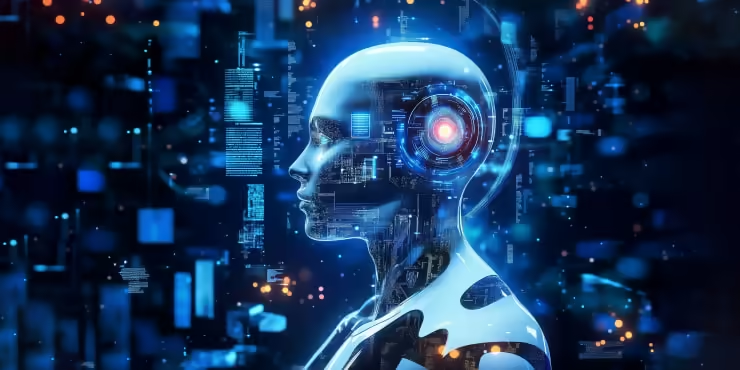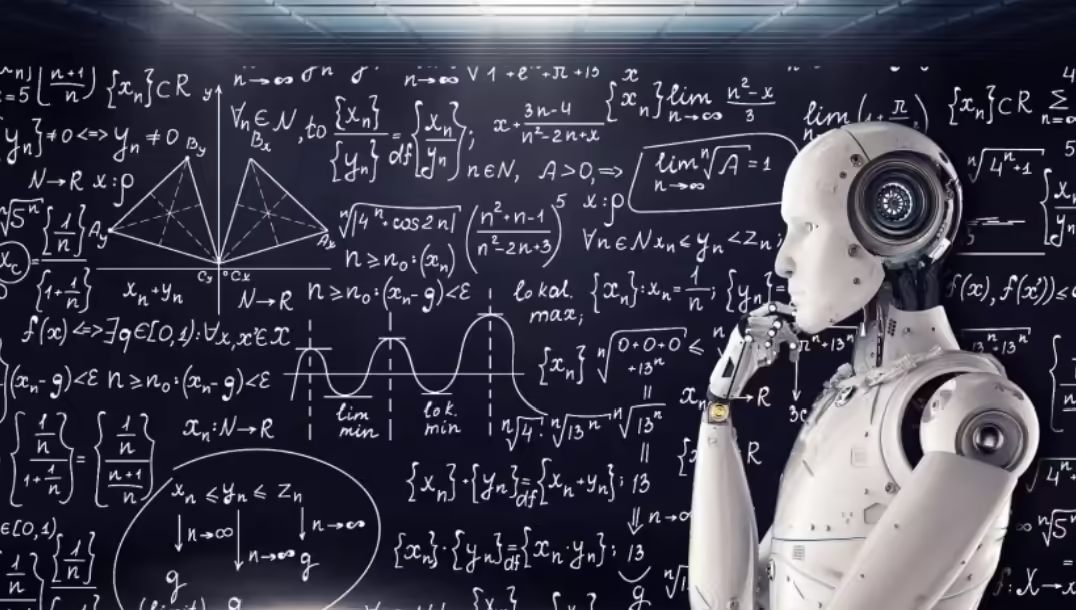The Next Wave of Generative AI: What's Changing in 2025
Generative AI 2025 represents a sea change, although there has been a lot of transformation in the field of Artificial Intelligence (AI) in recent years. Generative AI is now a common force driving innovation across industries, no longer a niche experiment. The landscape is changing more quickly than ever before thanks to groundbreaking AI industry innovations and next generation AI models. The AI trends in 2025 this year reveal a more creative, intelligent and integrated future that will transform the way we live, work, and create.
There are no indications that the AI revolution will slow down. In 2025, generative AI will evolve into its most potent form yet, redefining human-AI collaboration, rethinking creativity, and reshaping industries. Let’s explore this year’s innovations.
Rise of Next Generation AI Models

The latest generation of AI models surpasses previous models in speed, accuracy, and versatility. If 2023 and 2024 were about popularizing generative AI then 2025 is about perfecting generative AI.
1. An Advancement in Language Intelligence
The GTP-5 from OpenAI has emerged as a standard for AI innovations in 2025. It provides multimodal processing (text, image, audio, and video), improved contextual understanding, and the capacity to manage very lengthy conversations without becoming disoriented. This pushes AI content generation to a new height by enabling highly personalised, cohesive, and profoundly informative responses.
2. Google Gemini 2.5 and Veo 3
Google's AI lineup for 2025 shows two significant advancements. Veo 3, which focuses on AI-driven video creation, and Gemini 2.5, which provides deep analytical reasoning. This makes it harder to distinguish between human and machine creativity.
Additionally, Google's Gemini model series is rapidly changing: Gemma 3 offers strong yet affordable models for a variety of use cases, while Gemini 2.5 Pro offers “Deep Think” reasoning, multimodal capabilities, and larger context support. In the meantime, Veo 3 from Google DeepMind can now produce complete videos with sound with user input.
AI Trends 2025

The emergence of autonomous AI agents, democratization of AI tools and deeper Integration into business processes are the three major changes identified by the AI trends in 2025.
1. Democratizing Generative AI
Businesses are now making significant investments in democratizing generative AI by using tools like GPT-4, DALL.E, and Midjourney. Investment in generative AI increased from $47 million worldwide to approximately $67 million in the United States, and tools that were previously only available to researchers are now being used by designers, marketers and support teams.
Next generation AI models that are less expensive and open-source are accessible to AI educators, and startups in addition to large Tech firms. One of the year’s most significant developments in the AI industry is these democratizations.
2. Agentic AI
AI agents can now act, carrying out tasks from start to finish without constant human guidance, rather than just providing suggestions for improvement. AI is advancing from assistant to independent collaborator, from automatically running a marketing campaign to producing a comprehensive business report.
AI agents have evolved into more than just advisors; they are transforming into autonomous executors. In enterprise environments, they can finish workflows, advancing SaaS from features access to outcome- driven pricing. According to Time magazine, “agentic system” will be able to carry out complicated tasks independently in 2025.
3. AI in Everyday Jobs
In 2025, generative AI will be integrated into the programs we presently use rather than existing as an individual tool, customer support platforms, office applications, and even project management dashboards.
4. Ethics and Governance
The developing power of AI necessitates regulation. Now that the EU’s AI Act is in effect, numerous governments are creating regulations to ensure accountability, transparency, and a decline in being bias. Deepfake detection, ethical model training, and mandatory labelling of AI-generated content are becoming widespread requirements.
AI Advancement 2025: From Science to Content

The 2025 AI innovations are affecting life and are not limited to any one sector of industry. AI in 2025 is delivering more than just words.
1. Generation of AI Content 2.0
The initial step was a text generation. AI can now produce whole multimedia campaigns in an all-in-one pipeline, including voiceovers, videos, graphics, copy and interactive elements. This is game changing for marketing teams.
2. AI for Scientific Discovery
These days generative AI is used to develop hypotheses, structure experiments, and even create molecules for medication development. The scientific method is sped up from years to method or even weeks as a result.
3. Artificial Intelligence for Better AI
AI- generated synthetic data is being used by industries that are having troubles with data privacy or scarcity for training and testing systems, particularly in the robotics, healthcare, and financial sectors.
Cross-Industry Innovation with Generative AI in 2025
1. AI in Healthcare
Through conversational agents driven by AI, radiologists are using AI to help detect diseases in their early stages, create personalised treatment plans, and even encourage mental health therapy.
2. AI in Finance
Financial institutions may save millions of dollars in operating expenses by saving generative AI compliance reporting, identify fraud in real time, and forecast market trends.
3. AI in Manufacturing
AI-Powered maintenance is reducing downtime, while generative design algorithms are producing lighter, more efficient products.
4. AI in Education
AI content generation is enabling scalable personalised education, from automated curriculum creation to AI tutors that customize to each student's unique learning preferences.
The Future of AI: What's Next?
Instead of replacing humans, the future AI era is pointing towards human-AI collaboration. Humans are concentrating on strategy, empathy and creativity as a machine takes over respective tasks.
Predictive analytics and generative capabilities will be combined in hybrid AI models to create systems that can anticipate as well as imagine Energy-efficient algorithms and carbon-neutral data centers will set the standard for sustainable AI.
Adoption will be shaped by trust and regulations as governments impose strict guidelines on safety, bias, and transparency.
Conclusion
Generative AI 2025 is a reinvention rather than merely an improvement. This technology is quickly establishing itself as a fundamental component of our digital lives thanks to its next generation AI models, significant AI breakthroughs in 2025, and industry advancements.
According to AI trends 2025, AI content creation will be more versatile and deeply integrated into a range of sectors, including entertainment and healthcare. Building systems that are not only strong but also morals, sustainable, and advantageous to everyone will be the main focus as we move into the future of AI.